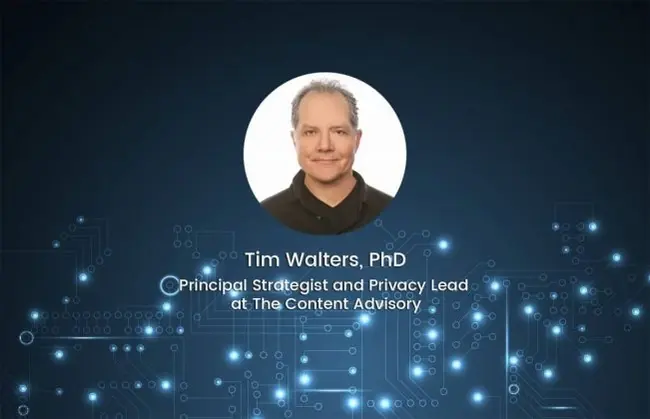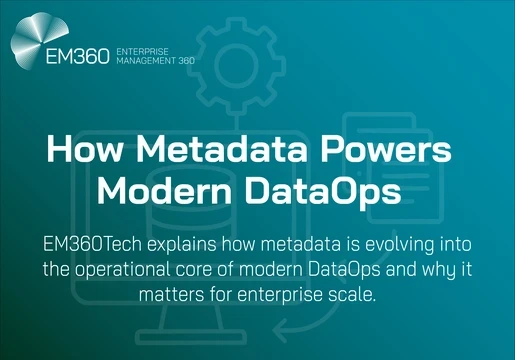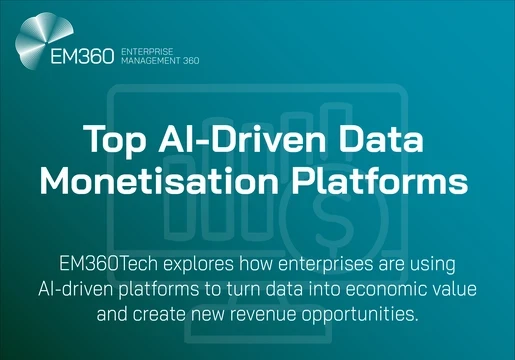
An excellent and timely question, as it’s rapidly becoming crucial for organisations to see data privacy not just as a irksome compliance burden but also and more importantly as a competitive differentiator. The EU’s General Data Protection Regulation (GDPR) and similar laws in places like California (CCPA) and Brazil (LGPD) grab all of the headlines, but what we’re actually experiencing at present is a broader global data privacy revolution that is ultimately powered by an unexpected but irresistible shift in consumer attitudes about the collection and (ab)use of personal data. For example, over 70% of American internet users have installed products to protect data privacy or otherwise control their online experience. Three-quarters of UK adults don’t trust businesses with their personal data. And in a 2017 global survey, 80% gave “If they use my data without me knowing” as a top reason they would abandon a provider.” The new regulations typically allow consumers to express their discomfort by exerting control over how their data is collected, used, and shared or sold. Instead of freely accessible “big data,” organizations must now quickly adapt to a new era of “beg data,” in which access to more scarce (and therefore more valuable) personal data depends on securing consumers’ permission. (This applies equally to B2C and B2B companies.) For marketers and other customer experience professionals, the emphasis must shift from demand generation (filling the top of the funnel) to permission generation – maximizing the percentage of consumers who agree to share their data. Organisations that fail to gain access to data will necessarily produce less relevant and engaging customer experiences, placing themselves at a considerable competitive disadvantage. As I explored in our recent whitepaper, the primary factor that will distinguish those that excel at permission generation from those that struggle is trust. Providing consumers with the comfort that their data will be secure is one indispensable factor. But more important is instilling the confidence that the organization can reliably and consistently deliver the value they offer in exchange for the consumers’ data. (This is where marketers as the “promise makers” need to be backed up by the rest of the organisation as the “promise keepers.”) In the traditional customer lifecycle, consumer trust appears at the end – after the purchase and satisfied use. In the era of beg data, the challenge is to move trust “upstream” – i.e., to devise ways to motivate consumers to enter a trust based relationship at or near the beginning of the engagement lifecycle. In the beg data economy, this could be accomplished in several ways, such as:
- Leverage the company’s brand and reputation: Would you be more receptive to a data request from Apple or Comcast? Subaru or Spirit Airlines?
- Deploy content marketing: My colleague Robert Rose has called the GDPR “the greatest gift to content marketers in a decade.” By definition, a well-functioning content marketing program provides valuable, brand-agnostic information prior to the beginning of any sales cycle. By building an engaged, appreciative audience in this way, an organization can create reserves of “trust credits” that can be deployed in data requests.
- Start with small stakes: Reduce the consumer’s anxiety and vulnerability by first asking for relatively innocuous personal data. For example, in exchange for my email address, send a newsletter with valuable, brand-agnostic content marketing content. The consumer knows that it’s easy enough to unsubscribe, plus they can easily validate whether the content is valuable and decide whether to engage more deeply (and provide additional personal data).
The GDPR and similar legal requirements do create a compliance burden. But successful firms will recognize and seize the customer engagement opportunities offered by the global data privacy revolution.
Like this opinion piece? Check out our full interview with Tim right here!







Comments ( 0 )